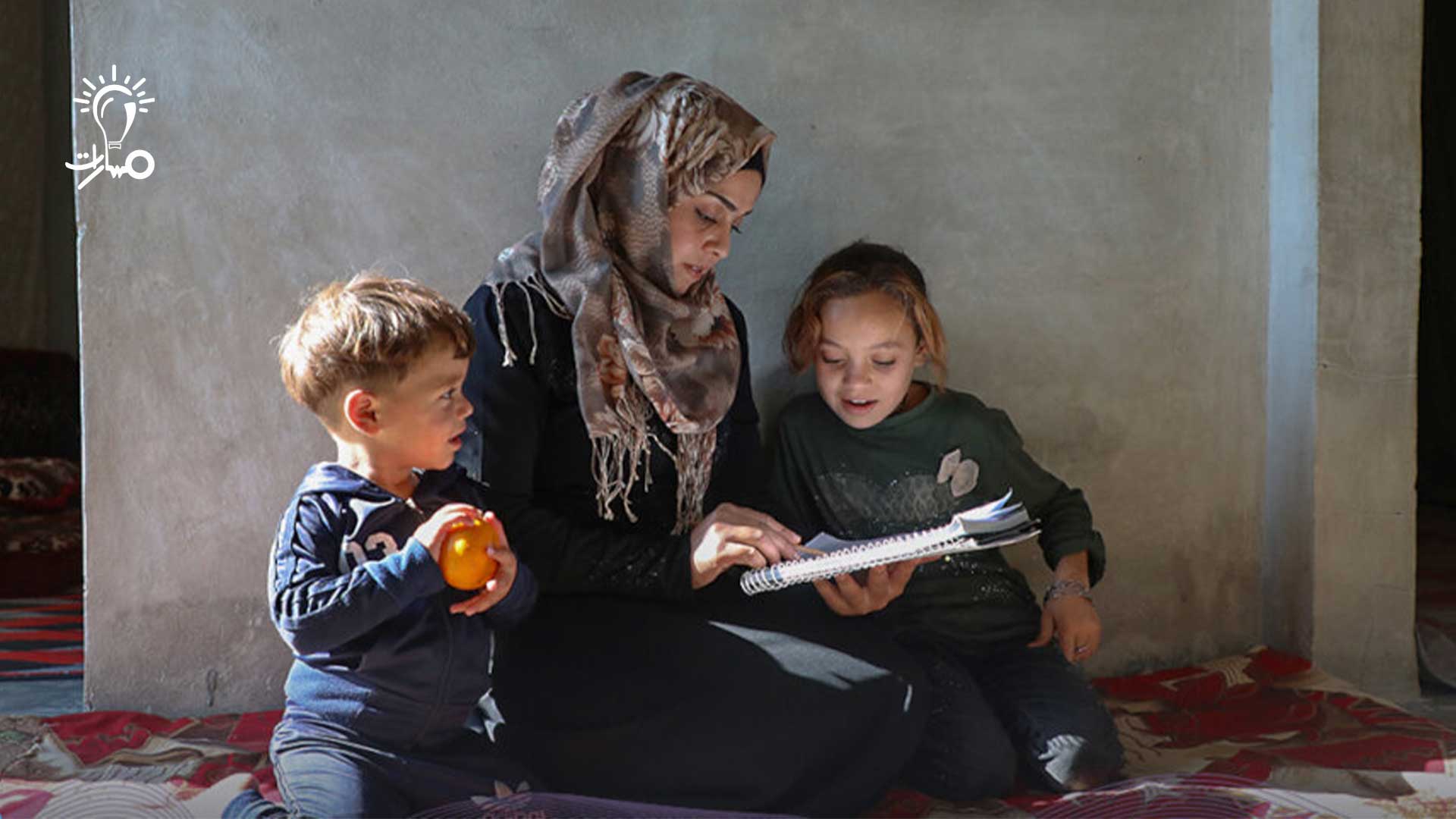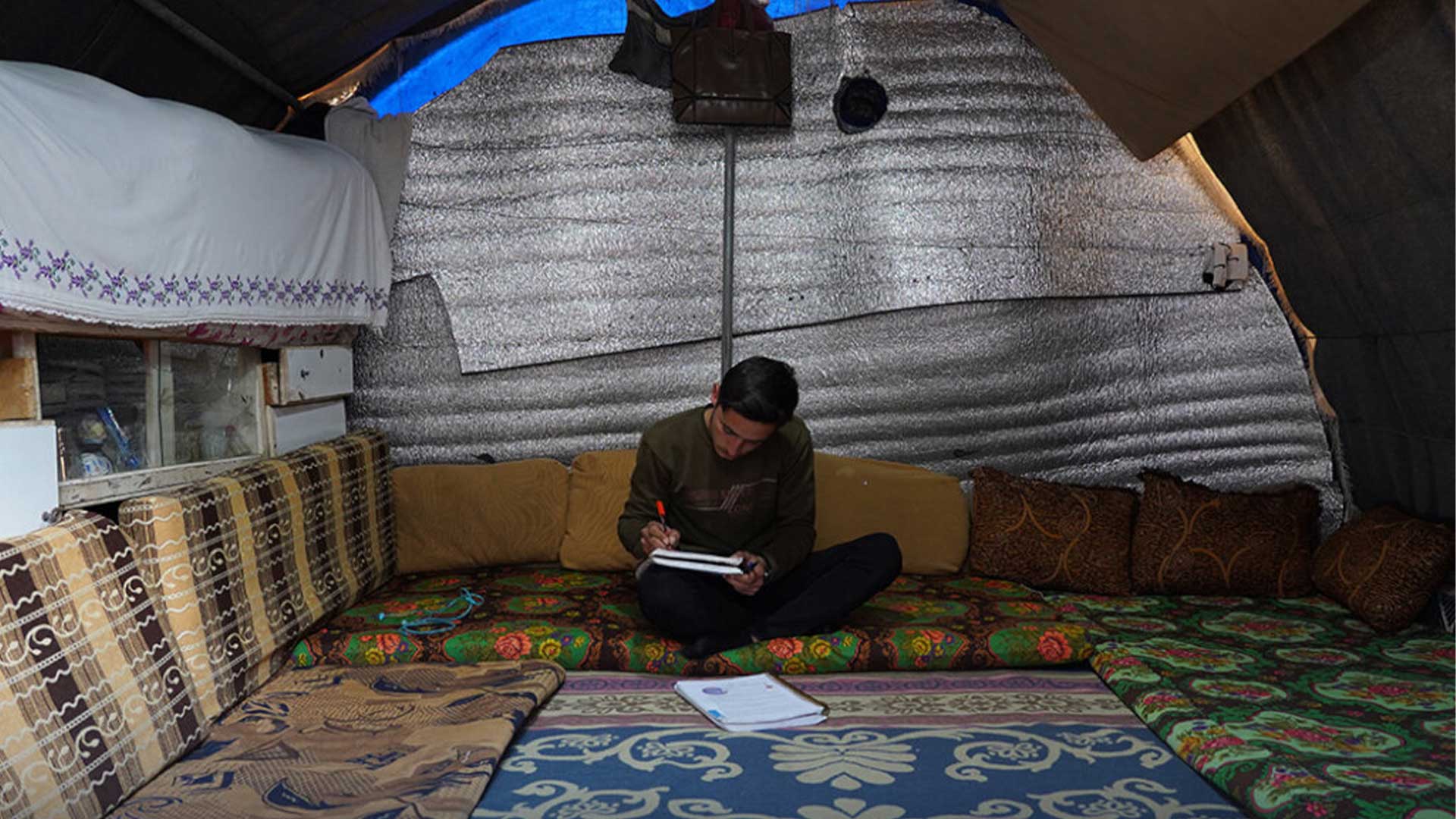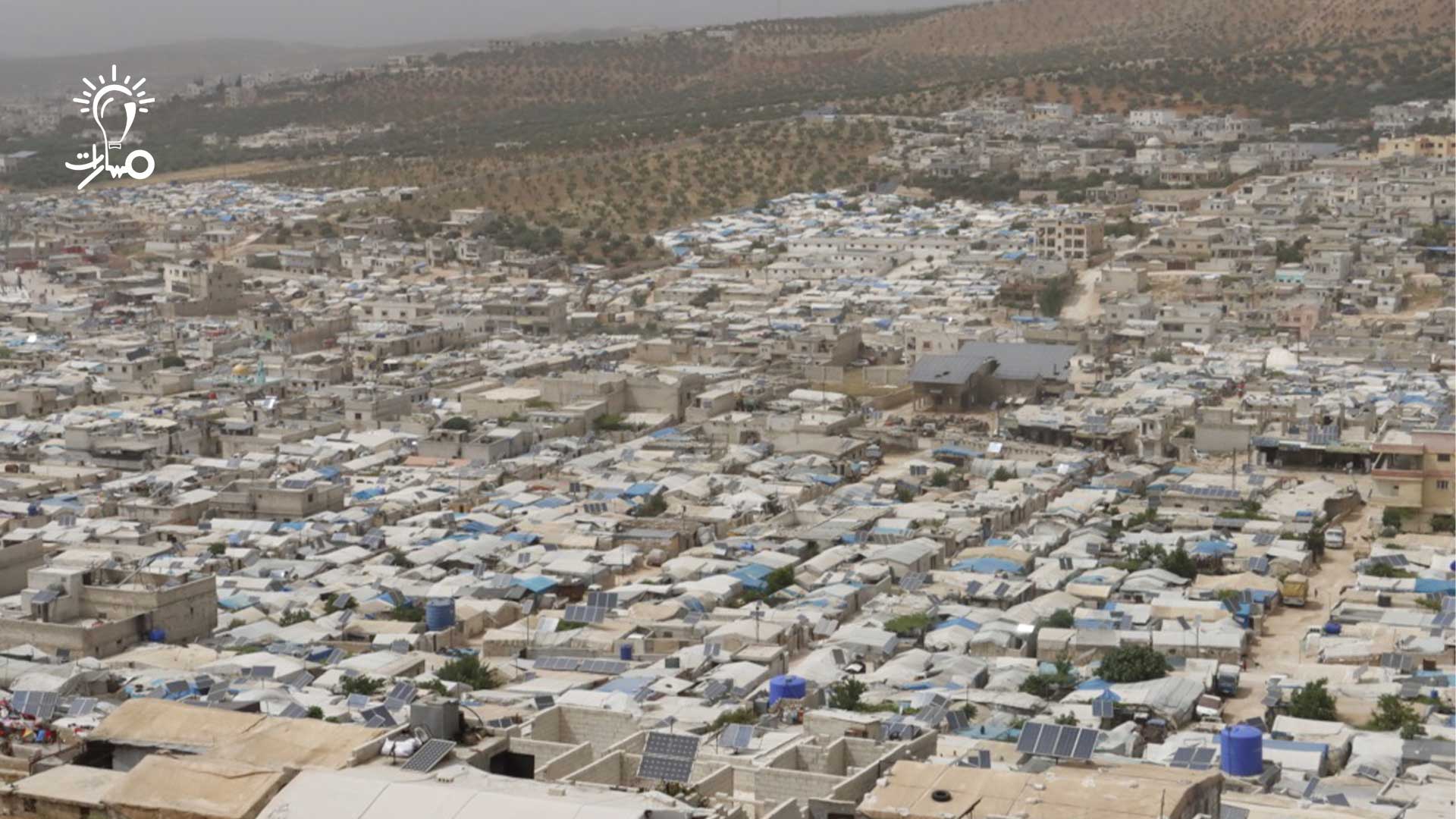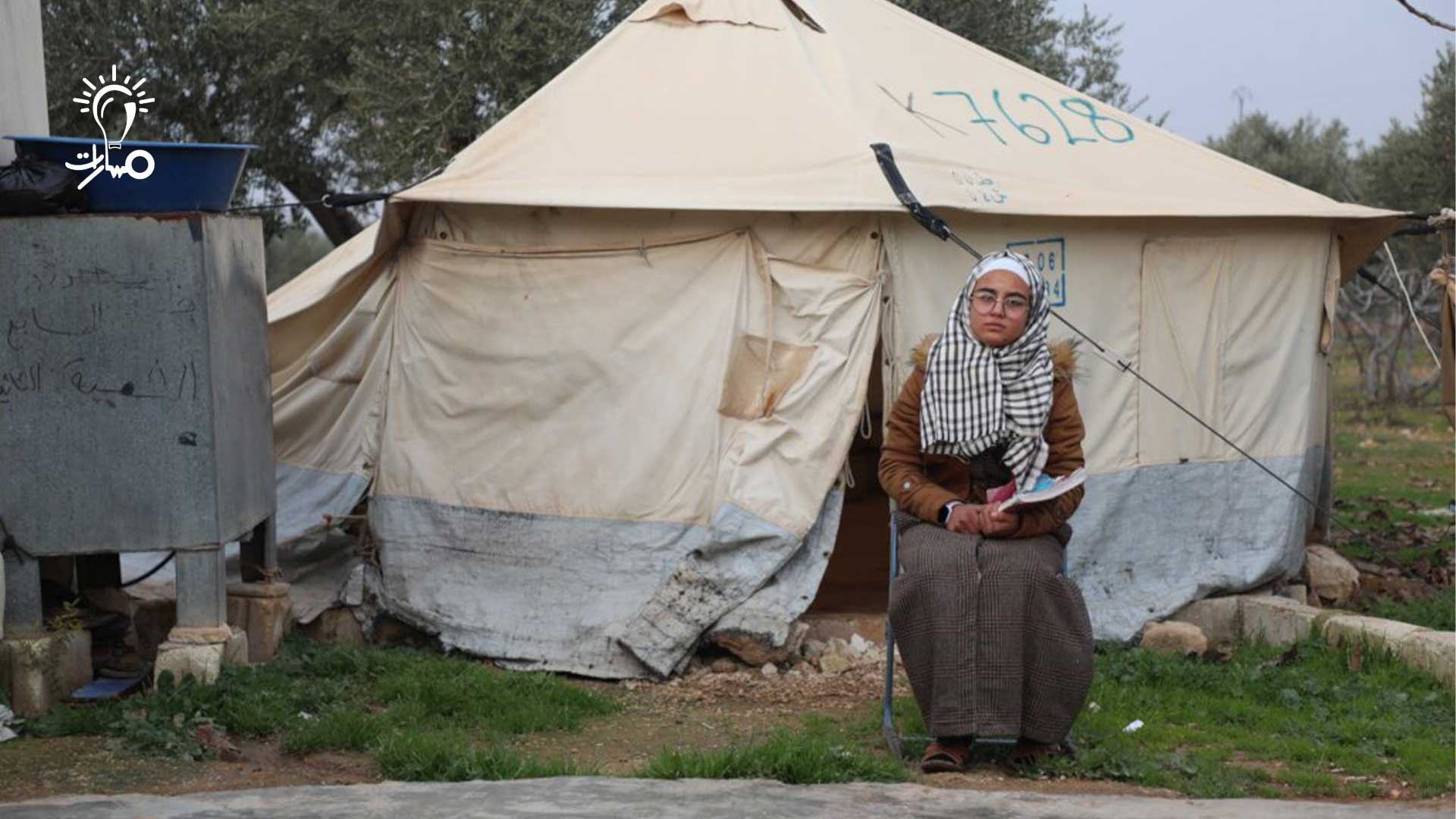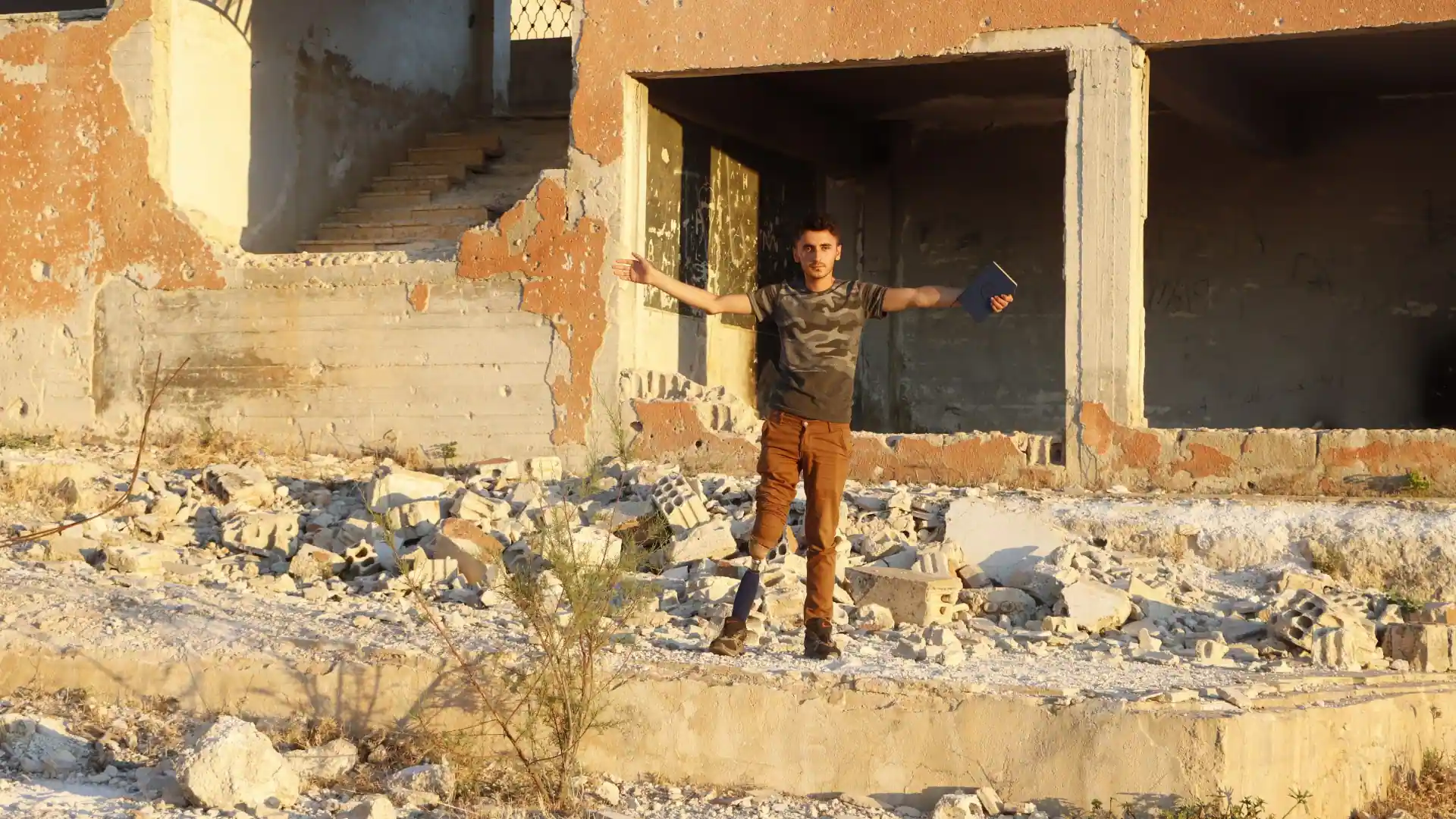Abdullah, confined to a wheelchair, navigates his home, his health condition preventing him from venturing far without the help of family.
This has barred him from attending school. However, his health hasn’t hindered his education. He decided to return to learning, aiming for his ninth-grade certificate, made possible through tools provided by the Masarat Initiative.
Abdullah dreams of reaping the rewards of his hard work, pursuing higher education to better handle life’s challenges. His frail body and tired limbs limit his work options.
Despite Abdullah’s successful return to school, thousands of Syrian students have lost their educational opportunities. School is no longer a priority for them due to various factors.
International Education Day
the world celebrates International Education Day. Those of us involved in education must remember these students and double our efforts to bring as many as possible back to school.
This year’s event sloigan “Learning for Lasting Peace.” Countries won’t achieve gender equality or break the poverty cycle, which keeps millions of children, youth, and adults from education, without ensuring equitable and inclusive quality education and promoting lifelong learning opportunities for all.
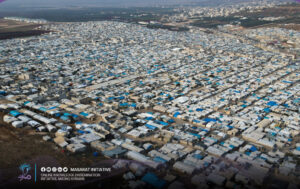
250 million out of school
250 Million Out of School According to UNESCO, there are currently 250 million children and young people out of school, and 763 million illiterate adults, a violation of their right to education. The international community, recognizing this when adopting the Sustainable Development Goals in September 2015, acknowledged education’s necessity for achieving all 17 goals. Specifically, Goal 4 aims to “ensure inclusive and equitable quality education and promote lifelong learning opportunities for all” by 2030.
The role of Masarat in solving the problem of dropping out of education
Masarat’s Role in Addressing Educational Disruption Masarat, through a sustainable and innovative business model, aims to empower beneficiaries cognitively for holistic community development through key factors:
Open Concept and Structural Sustainability: The idea is to create excellent, openly accessible educational content, allowing teachers to successfully and effectively transfer this content to beneficiaries. Pre-planned operations ensure teaching can be replicated and applied broadly, even without a teacher’s presence, enhancing work continuity and knowledge spread.
Technical Tools and Broad Reach: Technology expands the initiative’s scope significantly, enabling education and learning replication for many beneficiaries through online platforms.
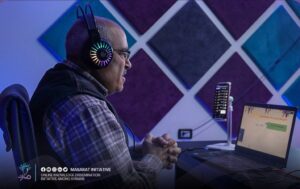
Empowering Individuals and Prosperity: The initiative focuses on enabling individuals to acquire knowledge and develop skills through its four pathways, enhancing life quality and well-being. Empowering and developing individual capabilities leads to community prosperity and sustainable progress.
Relationships and Partnerships: The initiative’s strength lies in directing education and learning towards a relational structure and diverse partnerships, enabling knowledge and experience exchange among different communities and cultures. This fosters mutual understanding and contributes to sustainable human and social progress.
Masarat Remote Knowledge Dissemination Initiative Among Syrians” has reached over 31,322 students during its operation, accomplishing over 527,616 working hours with the help of 152 volunteers. All these efforts aim to combat ignorance and build empowered lives through the knowledge services it provides.
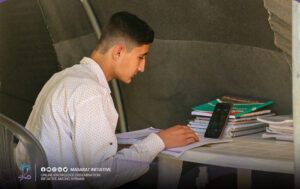
The educational situation in Northern Syria is fragile, preventing thousands of students from accessing schools. Many camps lack schools, others are too far from existing ones, and hundreds of educational centers are out of service due to bombing and destruction in the country.
